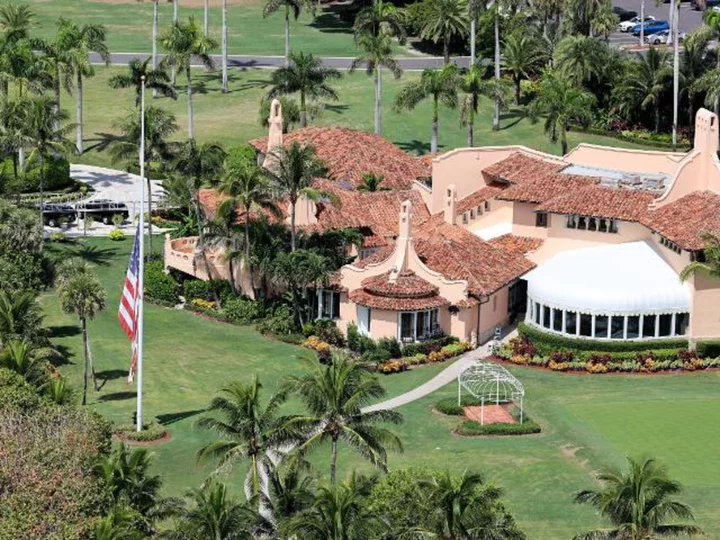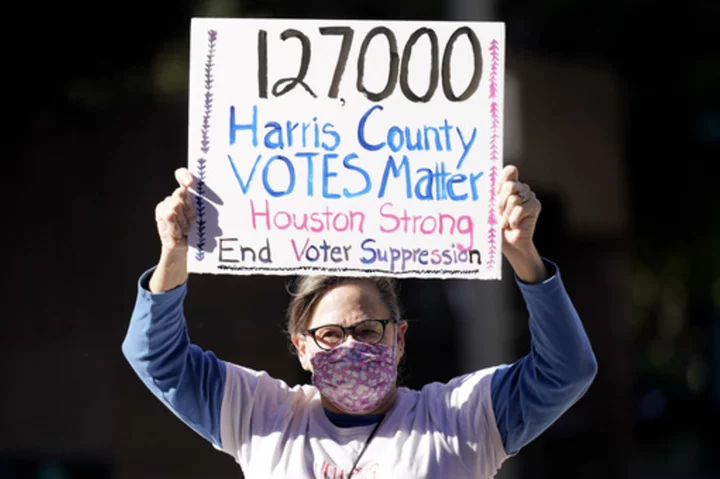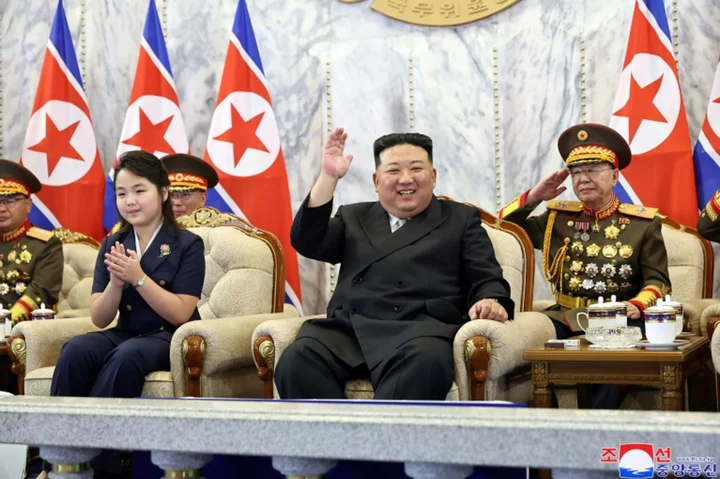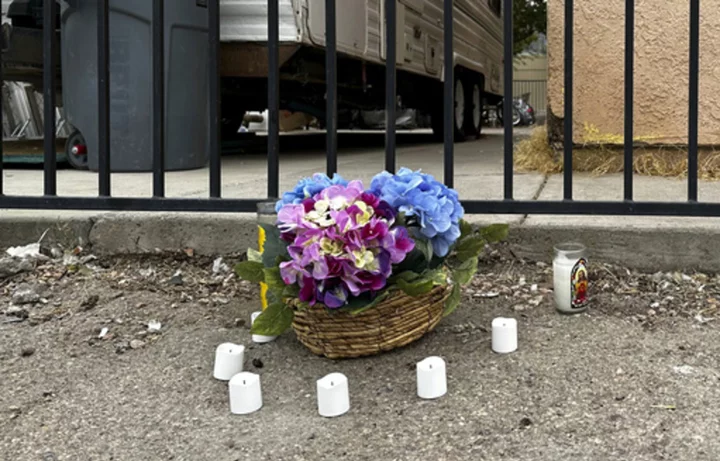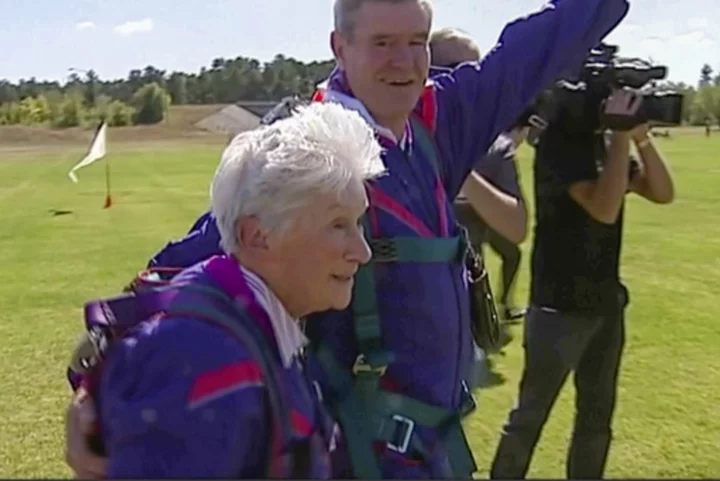Special counsel Jack Smith's office argued Monday that allowing Donald Trump to set up a secure room for discussing the classified evidence in the documents case at his Florida residence, as the former president has requested, would be giving him "special treatment" that no other defendant would receive.
"Creating a secure location in Trump's residence—which is also a social club—so he can discuss classified information would be an unnecessary and unjustified accommodation that deviates from the normal course of cases involving classified discovery," Smith's team said in a court filing.
Smith's team emphasized that, in addition to being Trump's residence, Mar-a-Lago has hosted more than 50 social events between January 2021 and August 2022 and that it has "hundreds of members," in addition to employing "more than 150 full-time, part-time, and temporary" employees.
"In essence, he is asking to be the only defendant ever in a case involving classified information (at least to the Government's knowledge) who would be able to discuss classified information in a private residence," the prosecutors said. "And of course, The Mar-a-Lago Club is even less suited than most residences to host a secure location, because it is a social club. In addition to Trump's residence and office, The Mar-a-Lago Club contains more than 25 guest rooms, two ballrooms, a spa, a gift store, exercise facilities, office space, and an outdoor pool and patio."
Smith's team pushed back on Trump's claims of logistical nightmares if the former president were required to travel to a secure facility elsewhere to discuss the materials with his lawyers. They said that rather than approving Trump's plan to re-establish a secure site at Mar-a-Lago that he used while he was president, the court should require Trump to work with the Classified Information Security Officer assigned to the case to determine appropriate locations for him to discuss the classified evidence with his defense team.
Prosecutors will not begin turning over classified discovery to the defense until a protective order establishing rules around handling those materials is issued by US District Judge Aileen Cannon. Delaying a trial in the case until after the 2024 election is clearly the strategy of Trump's team, though Cannon's schedule for a trial that would start in May 2024 built in several weeks for resolving disagreement over the classified evidence protective order.
Smith's latest filing also addressed objections that Trump's aide and co-defendant Walt Nauta has raised about the prosecutors' proposed protective order. Smith's office argued that the restrictions prosecutors are seeking for Nauta's access to the classified evidence -- which would require his lawyers get permission to do so from the government or the court -- do not deprive him of his constitutional rights to put up a fulsome defense. Trump, under the prosecutors' proposal, would be allowed to review the materials without going through that process.
"Permitting Nauta automatic access to all classified discovery would be inconsistent with laws governing access to classified information and applicable case law," prosecutors said. "Classified information may lawfully be provided only to individuals who have a 'need to know' the information."
Nauta, unlike Trump, does not face any charges for mishandling the classified documents. But Nauta's lawyers argued that he should be allowed to access the classified evidence as he prepares to defend himself against obstruction-related charges since those charges allege the concealment of evidence related to the movement of boxes containing the classified materials.
A footnote in Monday's filing from Smith says that that "the classified discovery will include other classified documents that were brought from the White House to Mar-a-Lago, classified emails about highly classified briefings given to then-President Trump, and classified witness statements about then-President Trump's knowledge about classified information. "

